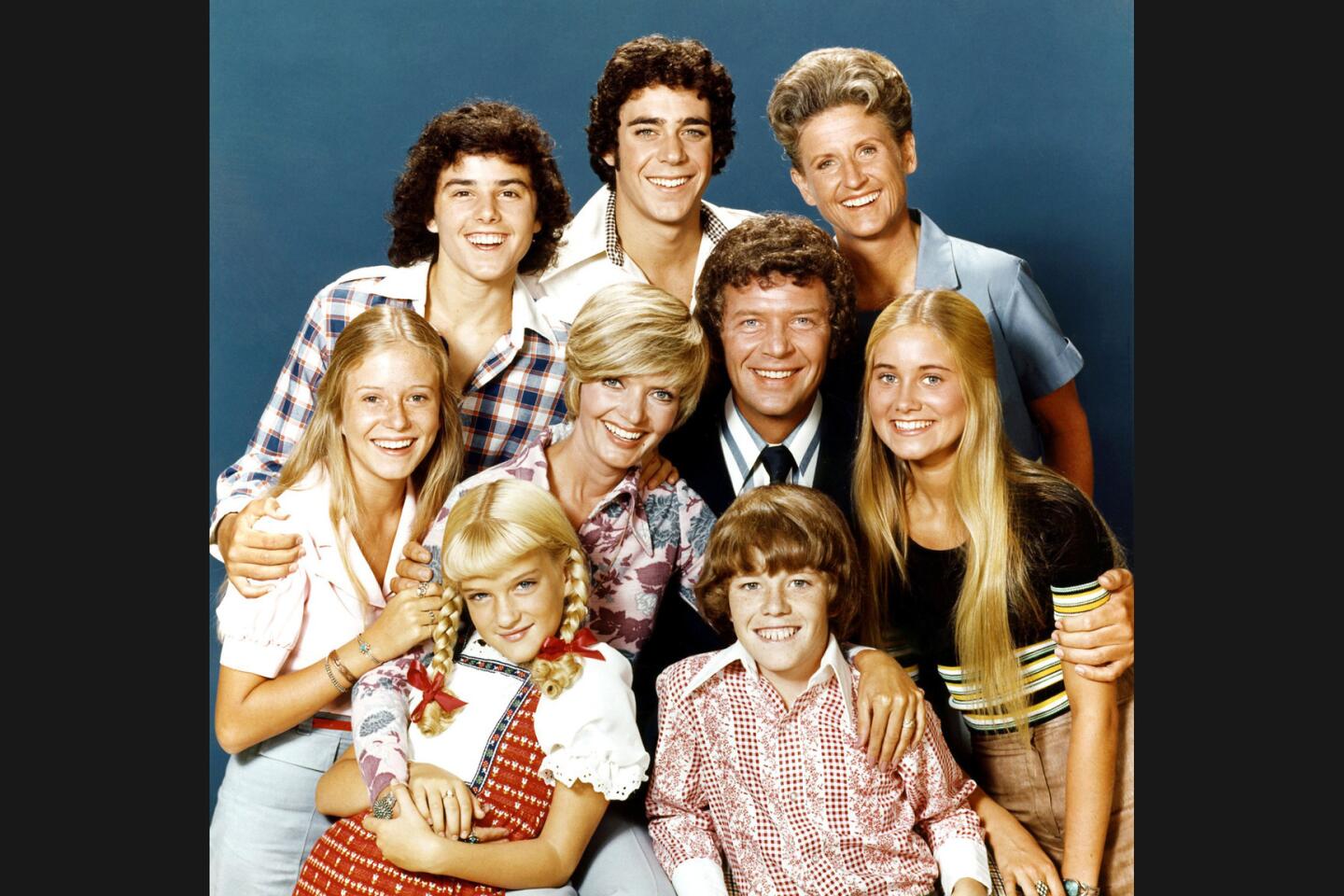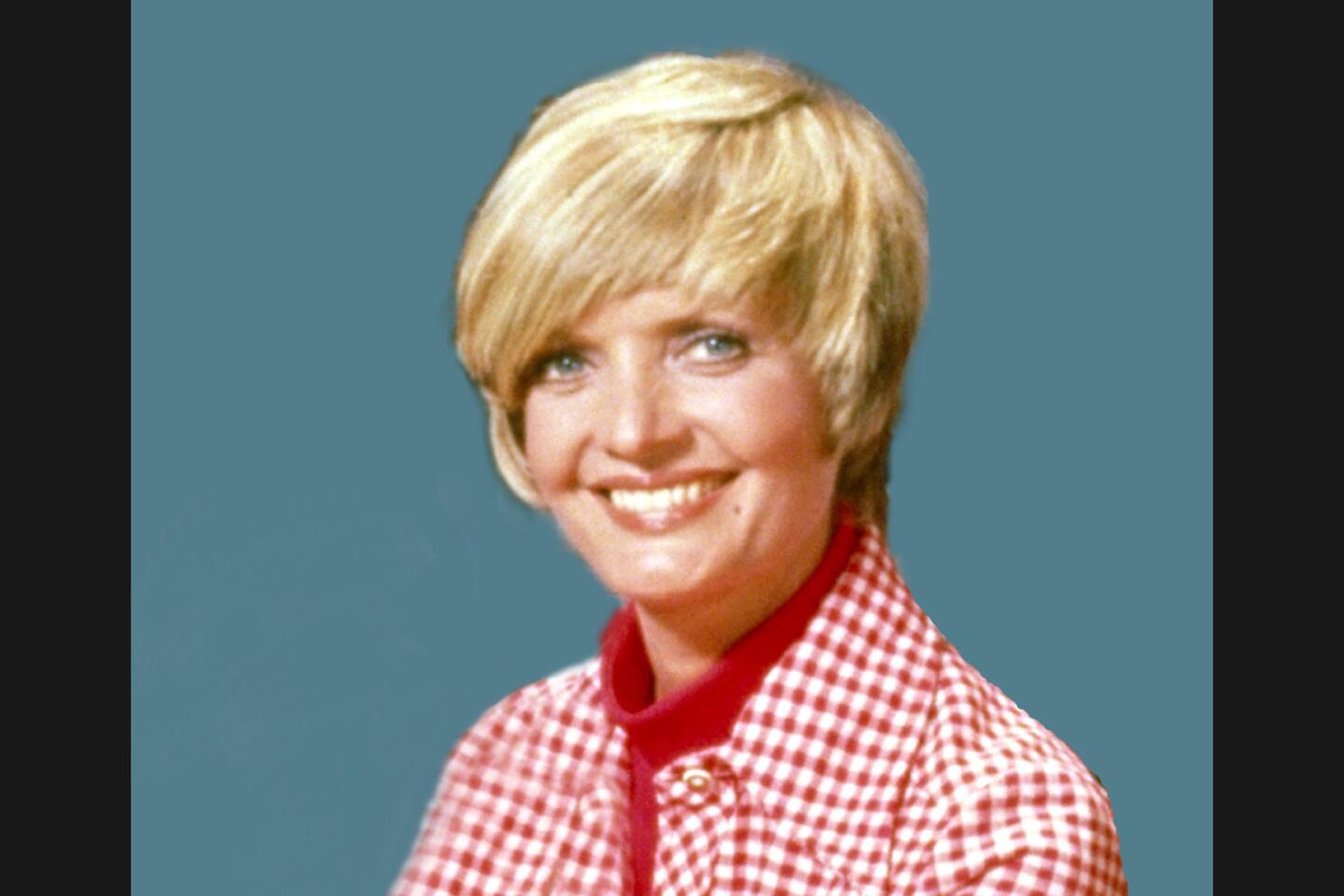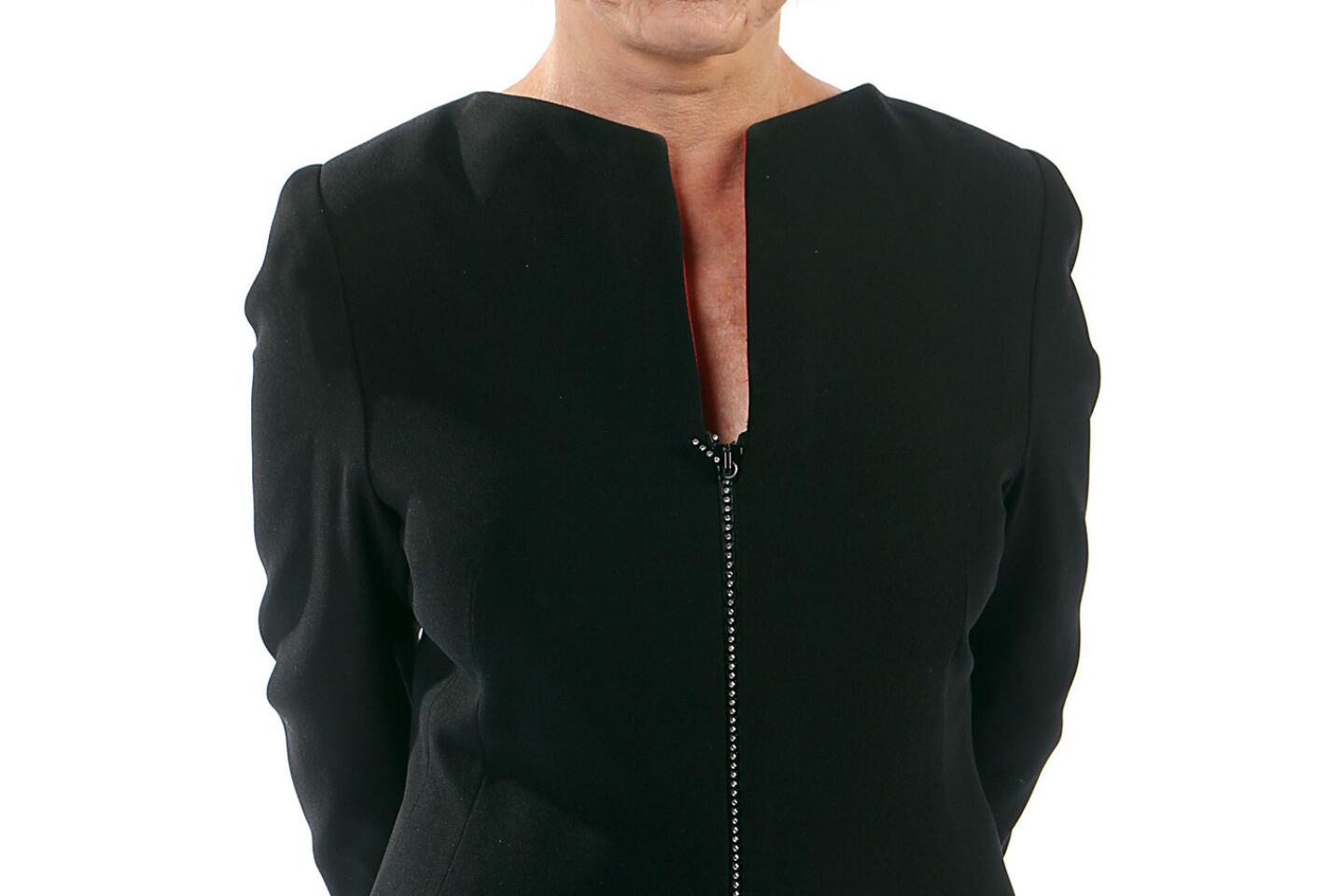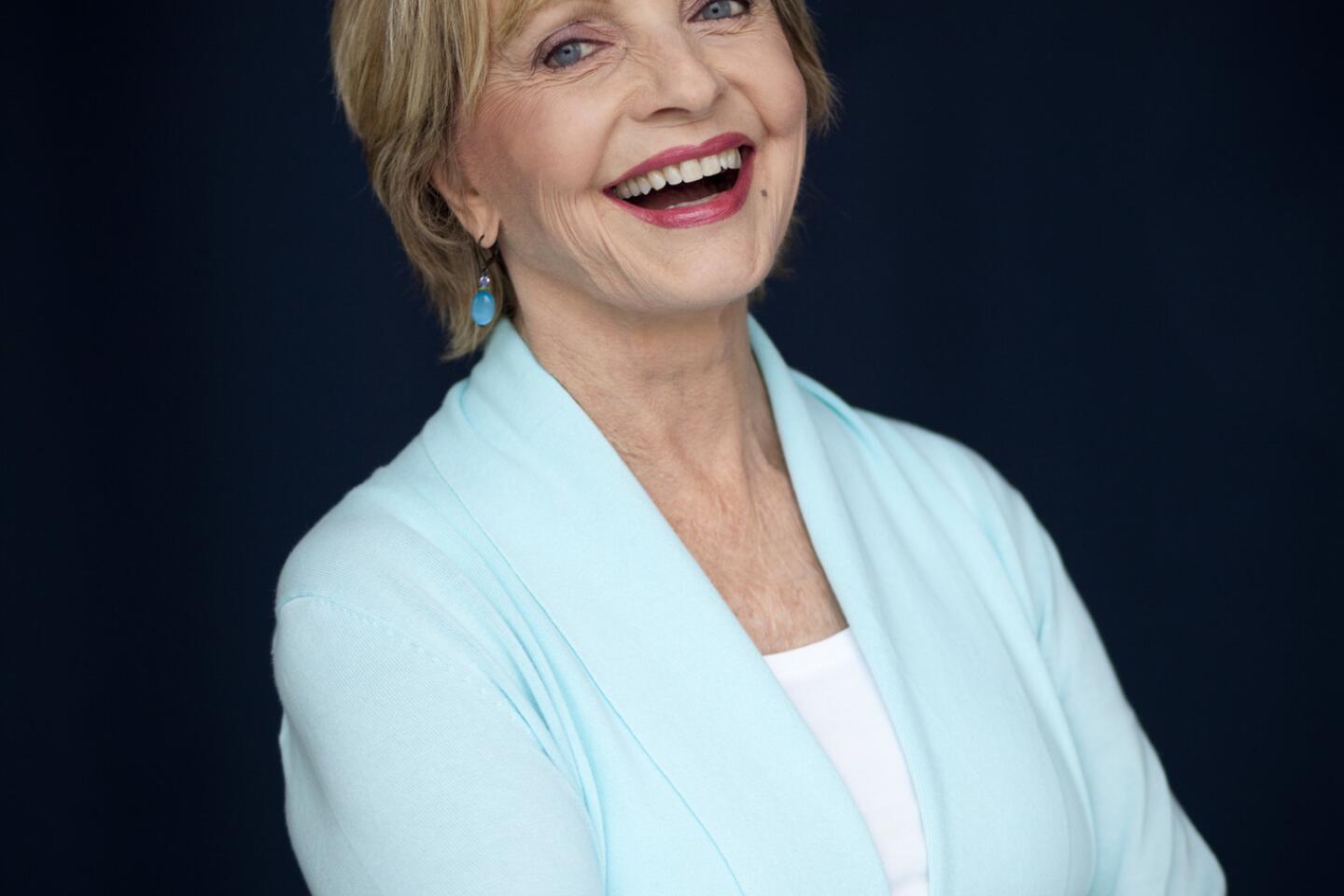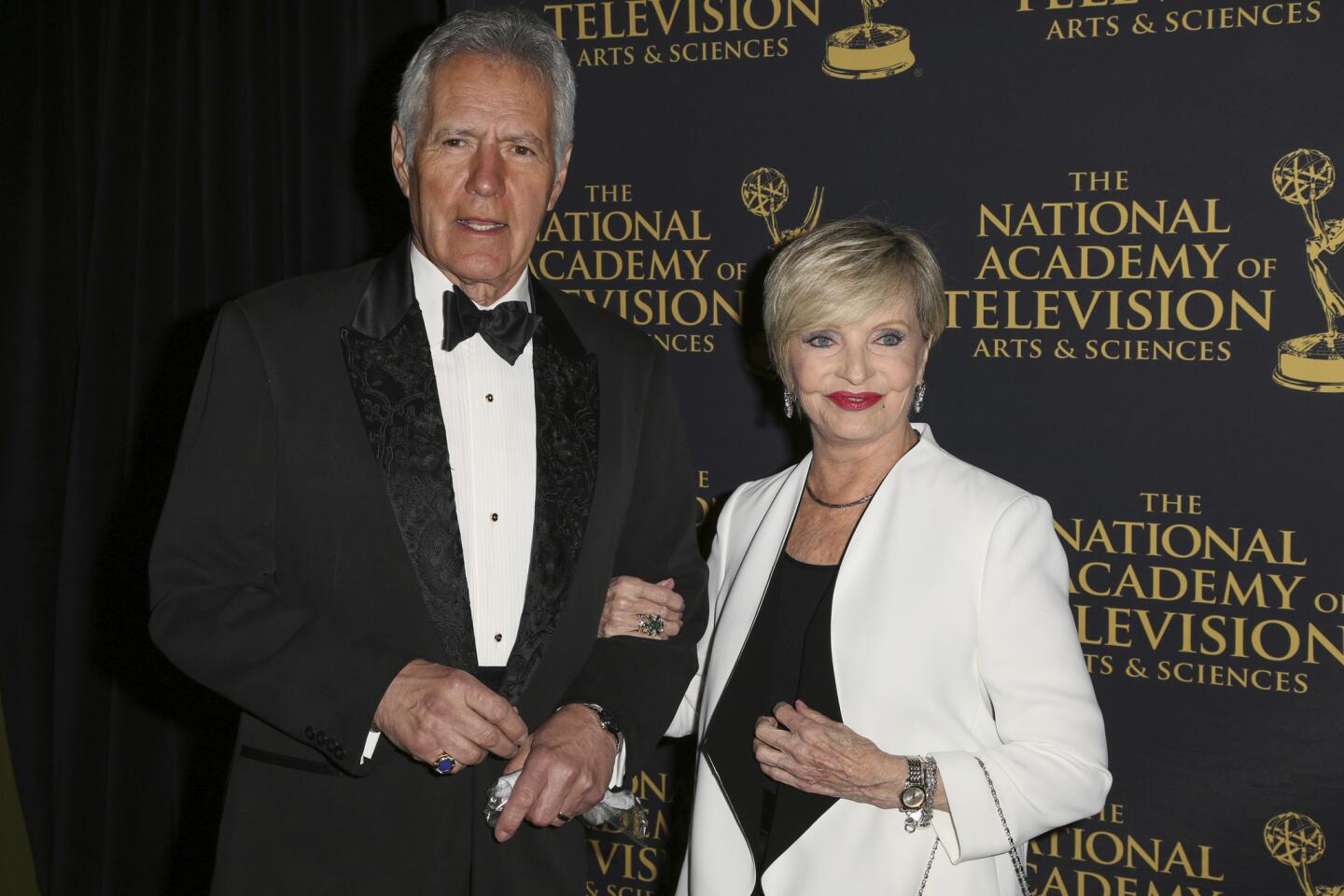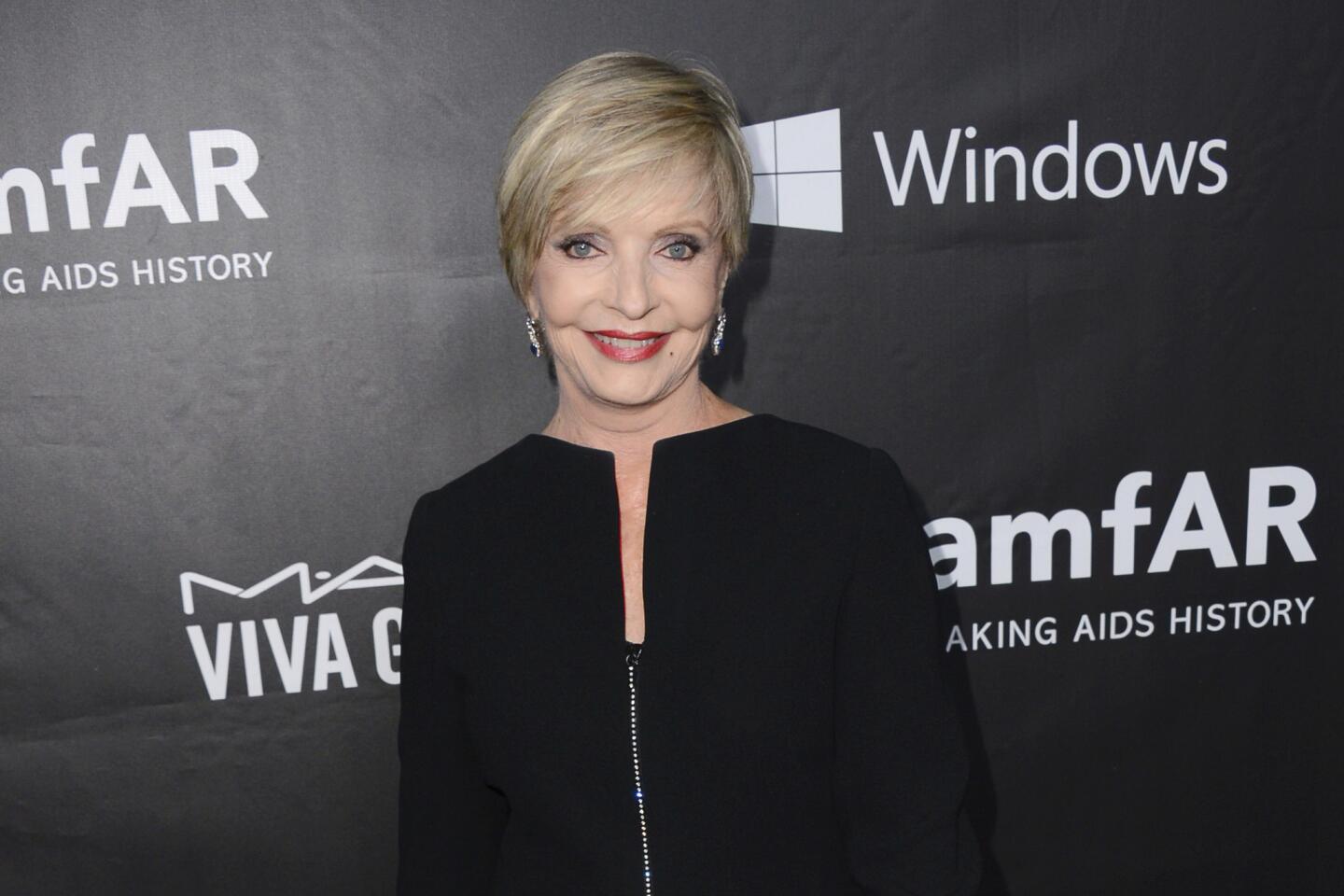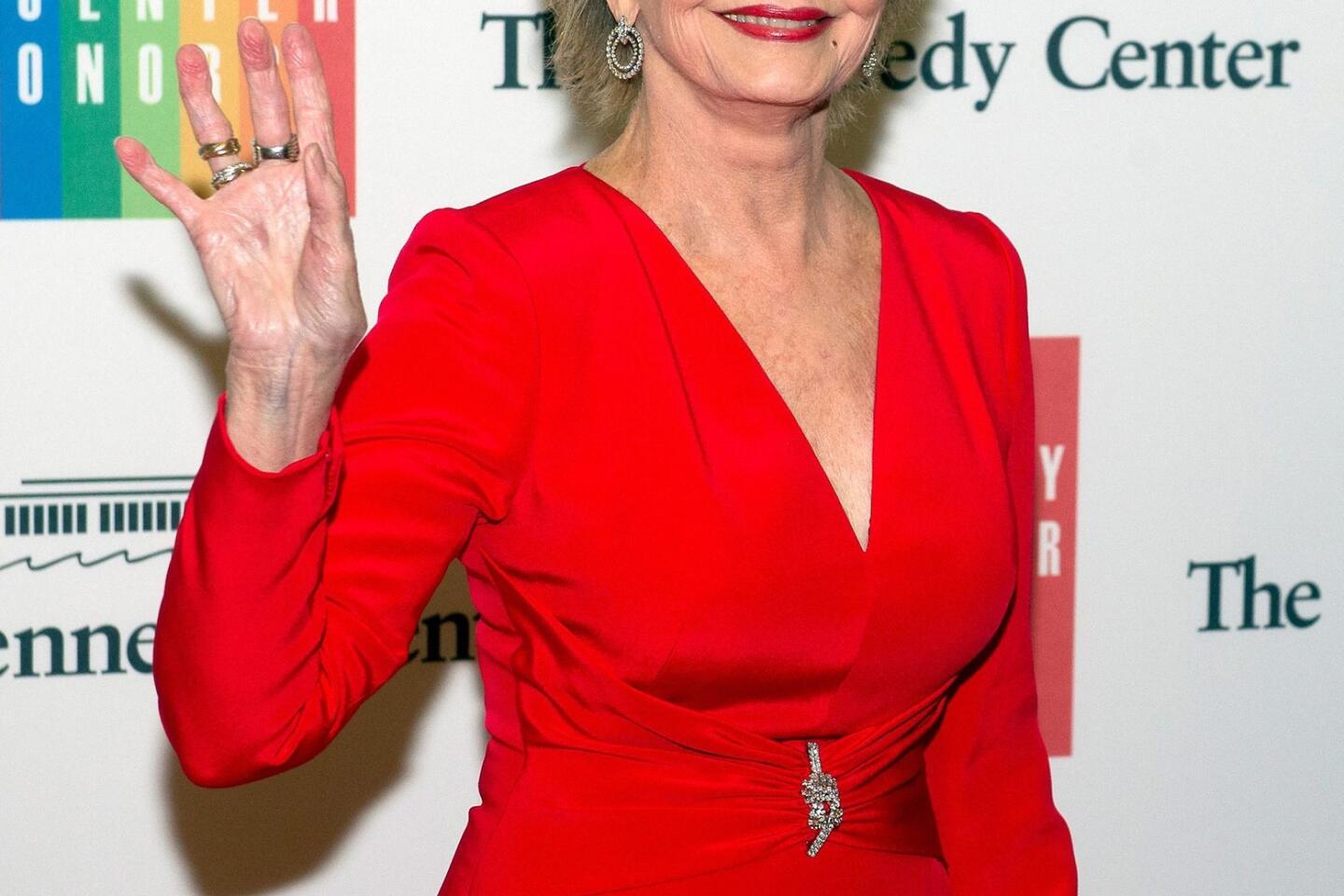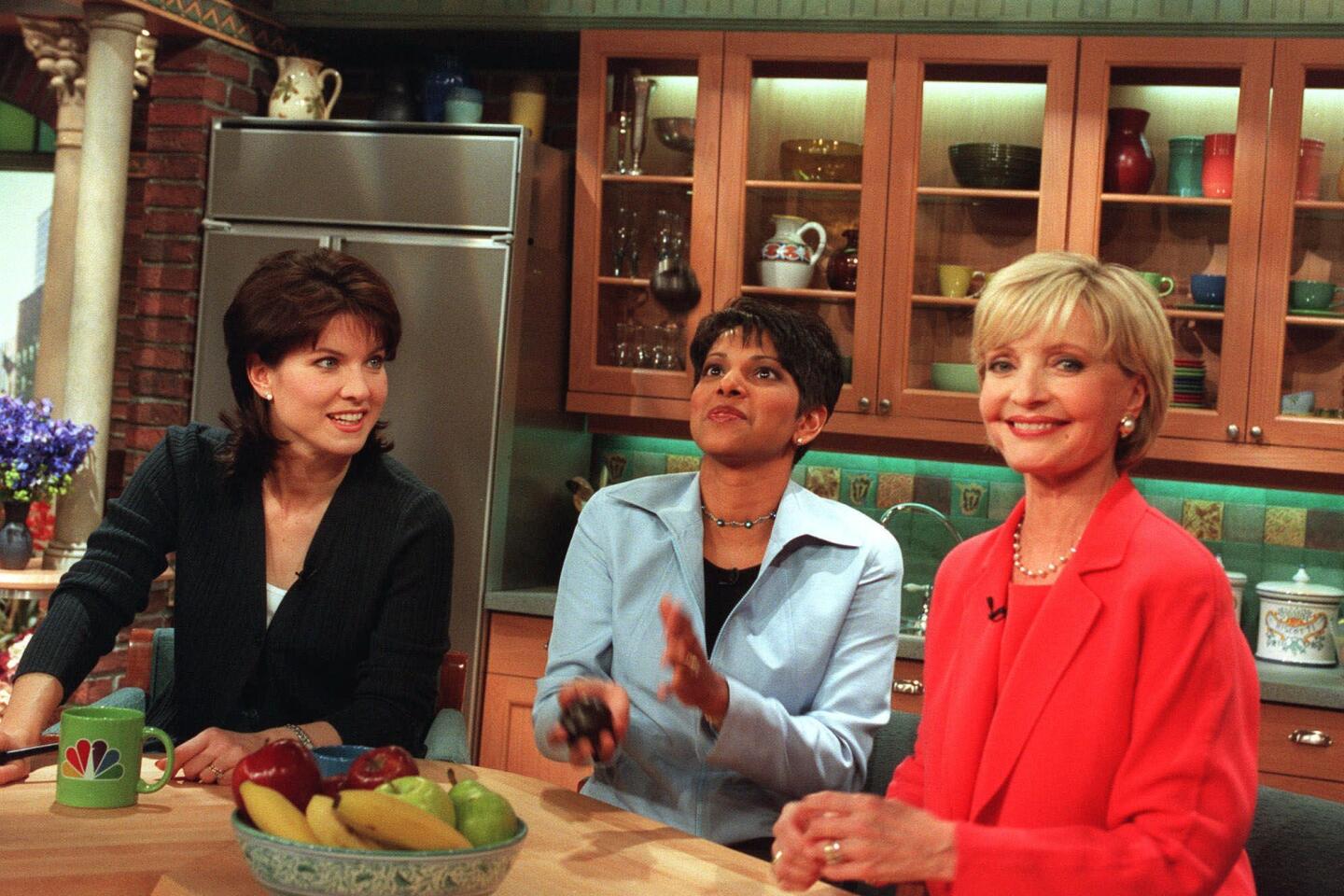Newsletter: Classic Hollywood: Words to remember from 32 legends we lost in 2016
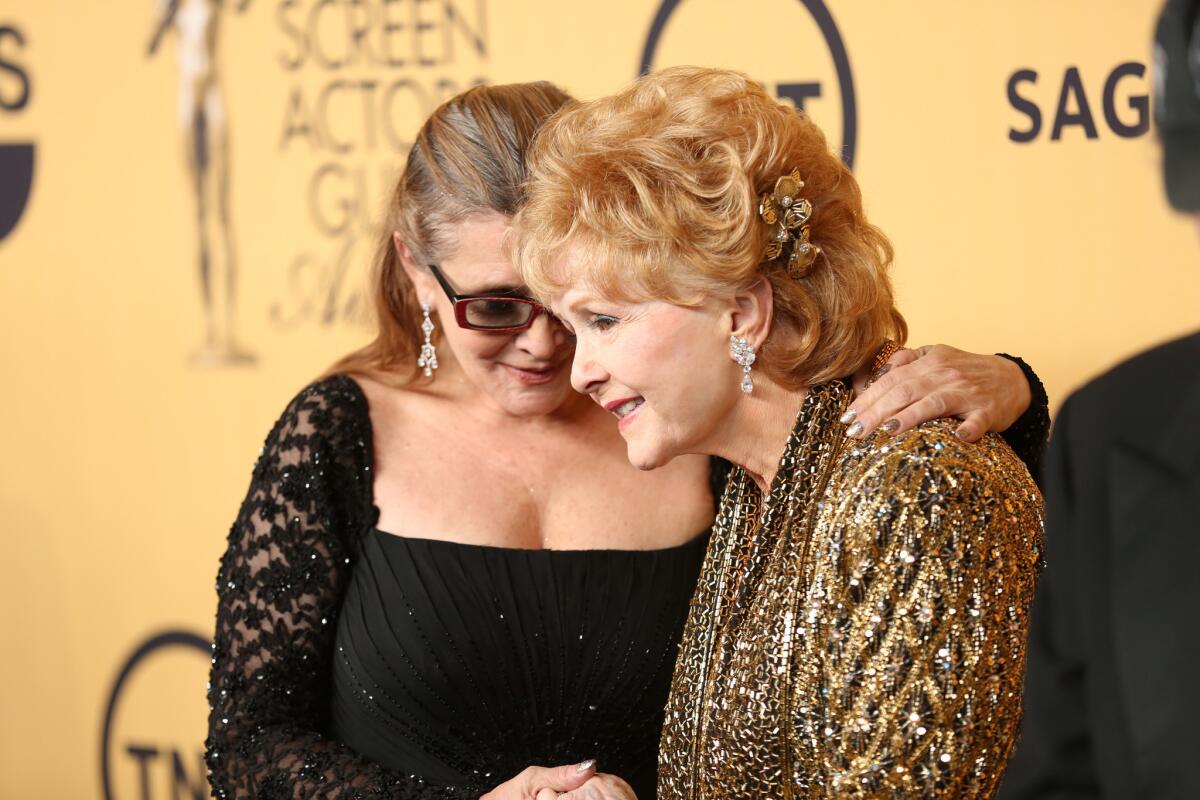
- Share via
It may not have been the worst year ever, as we so often heard, but 2016 was a bad one indeed when it came to losing legends.
I’m Scott Sandell, and welcome to another edition of the Classic Hollywood newsletter. We’re starting 2017 with a special look back at some of the tremendous talents in movies, TV, music and the arts who passed last year.
Here are some words to remember from 32 legendary figures:
“People said when I started, ‘Why don’t you just copy your father’s style?’ I had to be myself, singing my songs in my own way.”
— Natalie Cole, an unforgettable singer.
“Before ‘Close Encounters,’ there were some space movies about spaceships, but nothing really that great technically that we could follow. So we had to invent.”
— Vilmos Zsigmond, the Oscar-winning cinematographer of “Close Encounters of the Third Kind” and “The Deer Hunter.”
“For me, rock was always about narrative or putting forward little stories and ideas however strange or off the wall they might be. I always saw it as theater, but the audience saw it as me going through all the changes.”
— David Bowie, the barrier-breaking musician and actor, on his various personae.
“They are just people to me. I’m a lot less serious than people think.”
— Alan Rickman, on playing intimidating characters.
“There are a lot of things wrong on this planet. It’s important to put the emphasis on the positive aspect.”
— Maurice White, co-founder and leader of the groundbreaking ensemble Earth, Wind & Fire, on his philosophy in 1985.
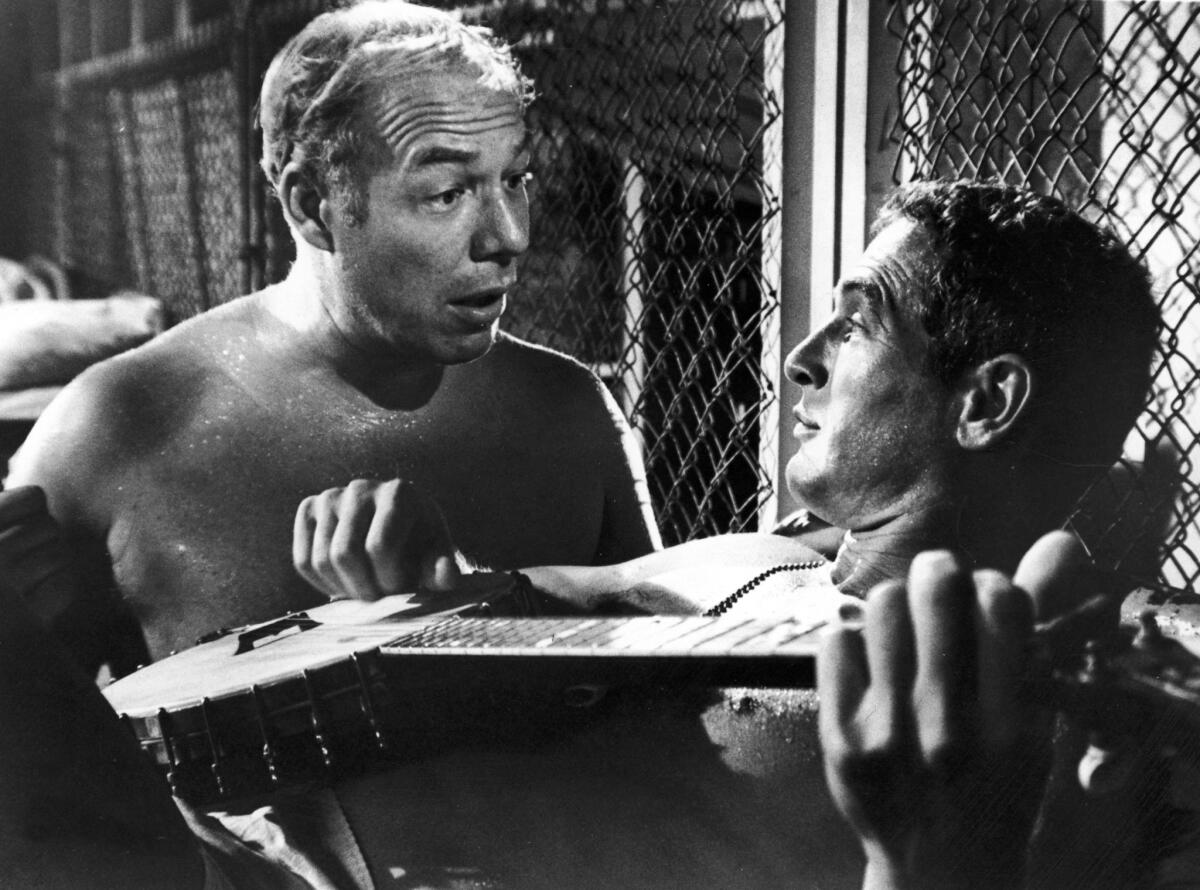
“I was completely overwhelmed when I saw the script. I remember saying to my agent, ‘They’re not going to give me this role. I’m one of those third-guy-through-the-door bad guys.’ ”
— George Kennedy, who got the job and went on to win an Oscar for his supporting role in “Cool Hand Luke.”
“We could have gone on from ‘Abbey Road.’ It was showing the way that rock ’n’ roll and classical music could have joined forces to become something really important. And because we didn’t go on, punk came along and put everything into reverse.”
— George Martin, the music producer who joined forces with the Beatles, on the band’s final recorded album.
“One of the things that make actors good is their capacity to listen. I’ll keep reminding myself that. If ever there was a job that requires a lot of listening, it’s this one.”
— Ken Howard, an actor best known for his role on “The White Shadow,” on becoming president of SAG-AFTRA.
“What I want at my funeral is an actual boxing referee to do a count. And at 5 just wave it off and say, ‘He’s not getting up.’ ”
— Garry Shandling, the pioneering cable TV star and writer, on his final wishes.
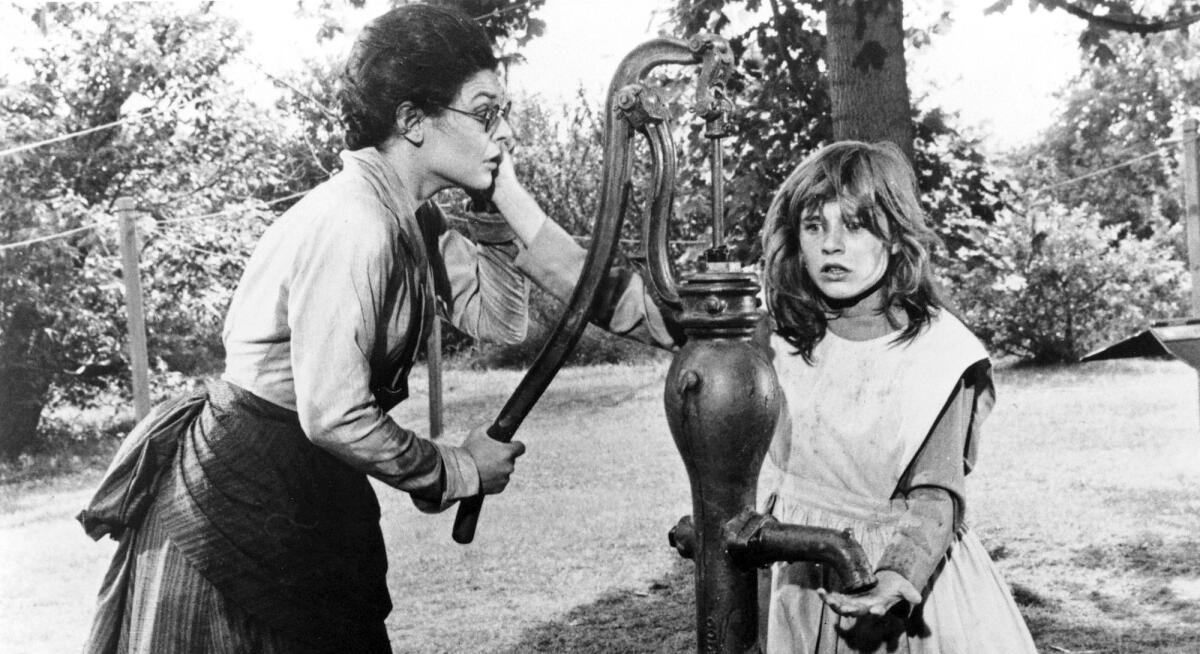
“Patty was very embarrassing to me. They would write those outrageous things for her to do. I would dive in and do it, but I couldn’t wait to get to Cathy. She was sensible, and I’d like to think she was classy.”
— Patty Duke, the Oscar-winning actress and advocate for mental health causes, on playing identical cousins on “The Patty Duke Show.”
“You’ve got to remember, songs are meant to be sung. You are not writing poetry.”
— Merle Haggard, the country music star who kept singing and songwriting to the end.
“I’m at the age now where I don’t have to do anything. But I do have to see my grandchildren.”
— Doris Roberts, the five-time Emmy winner on life in the year 2000.
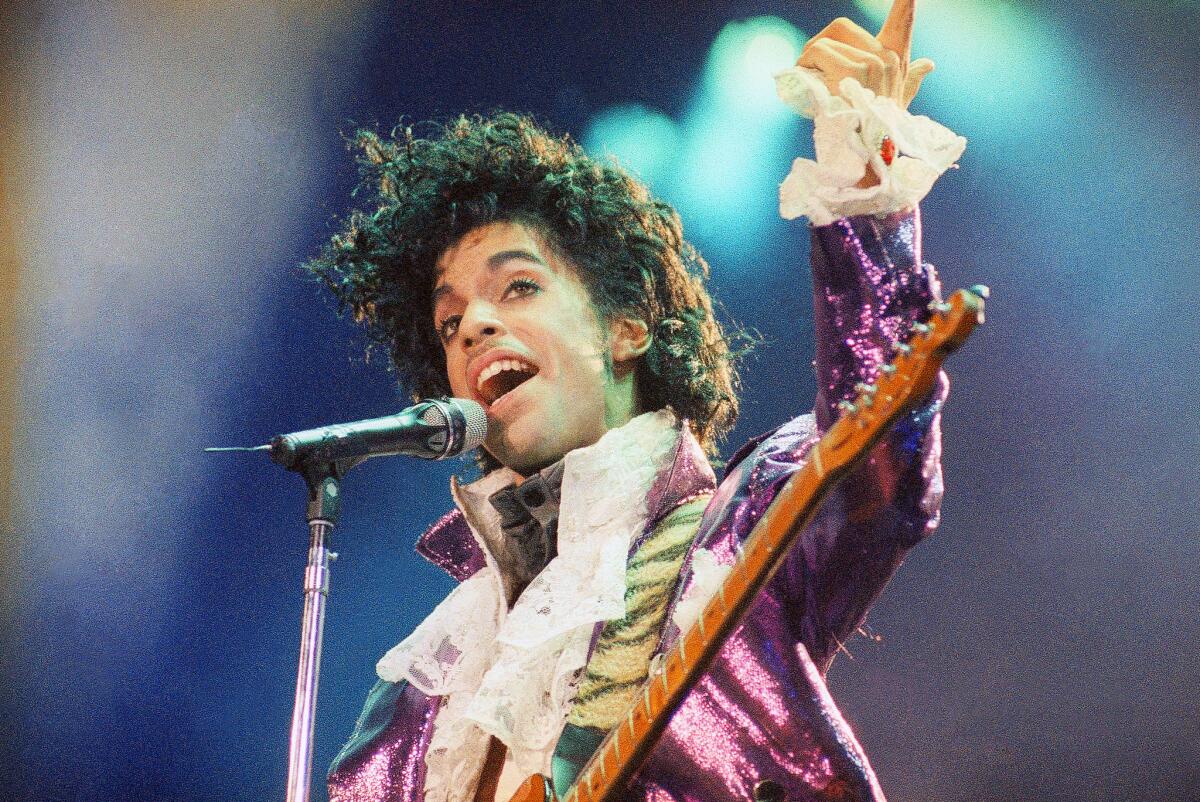
“I was born epileptic and I used to have seizures when I was young. ... From that point on, I’ve been having to deal with a lot of things — getting teased a lot in school — and early in my career I tried to compensate for that by being as flashy as I could and as noisy as I could.”
— Prince, on how he was drawn to music at a young age, in part as a way to escape a turbulent home life.
“I really don’t like being on television. It is not natural to be talking to a piece of machinery.”
— Morley Safer, the “60 Minutes” correspondent whose work became the cornerstone of investigative television reporting.
“I think most of the plays we see today are verbally undernourished. It’s not the amount of words they use. It’s a different sort of malnutrition: They do not stimulate the communal imagination of the audience.”
— Peter Shaffer, the Academy Award-winning British playwright whose stage dramas “Amadeus” and “Equus” were turned into acclaimed movies, on the state of theater in 1994.
“In the neighborhood where we grew up, in the Bronx, you only had a few choices. You were either an athlete or a gangster, or you were funny.”
— Garry Marshall, whose deft touch with comedy and romance led to a string of TV hits that included “Happy Days” and “Laverne & Shirley” and the box-office successes “Pretty Woman” and “Runaway Bride.”
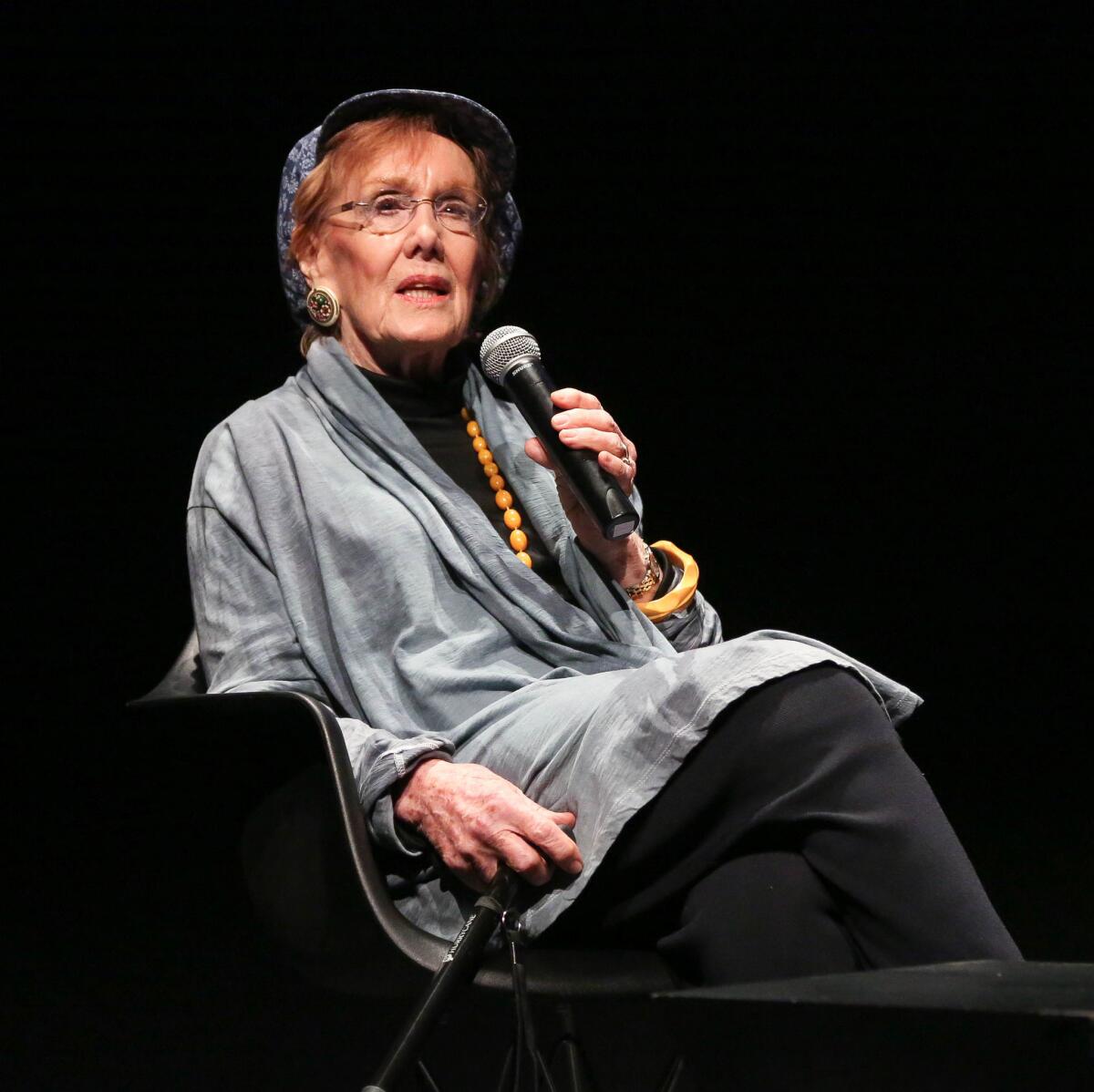
“I allowed all these actresses to dub their bodies to my voice.”
— Marni Nixon, the Hollywood voice double whose singing was heard in place of the leading actresses in such classic movie musicals as “West Side Story,” “The King and I” and “My Fair Lady.”
“There weren’t any highlights — I was just there, in the droid. I’m not saying I didn’t enjoy it. It was just a job at that time.”
— Kenny Baker, who gave life to the “Star Wars” droid R2-D2.
“American music has infiltrated the entire world enough as it is. Mexican music must be defended with vigilance. … My thoughts, my feelings, my spirit, they are all in Spanish.”
— Juan Gabriel, the top-selling Mexican singer who wooed crowds on both sides of the border with ballads of love and heartbreak.
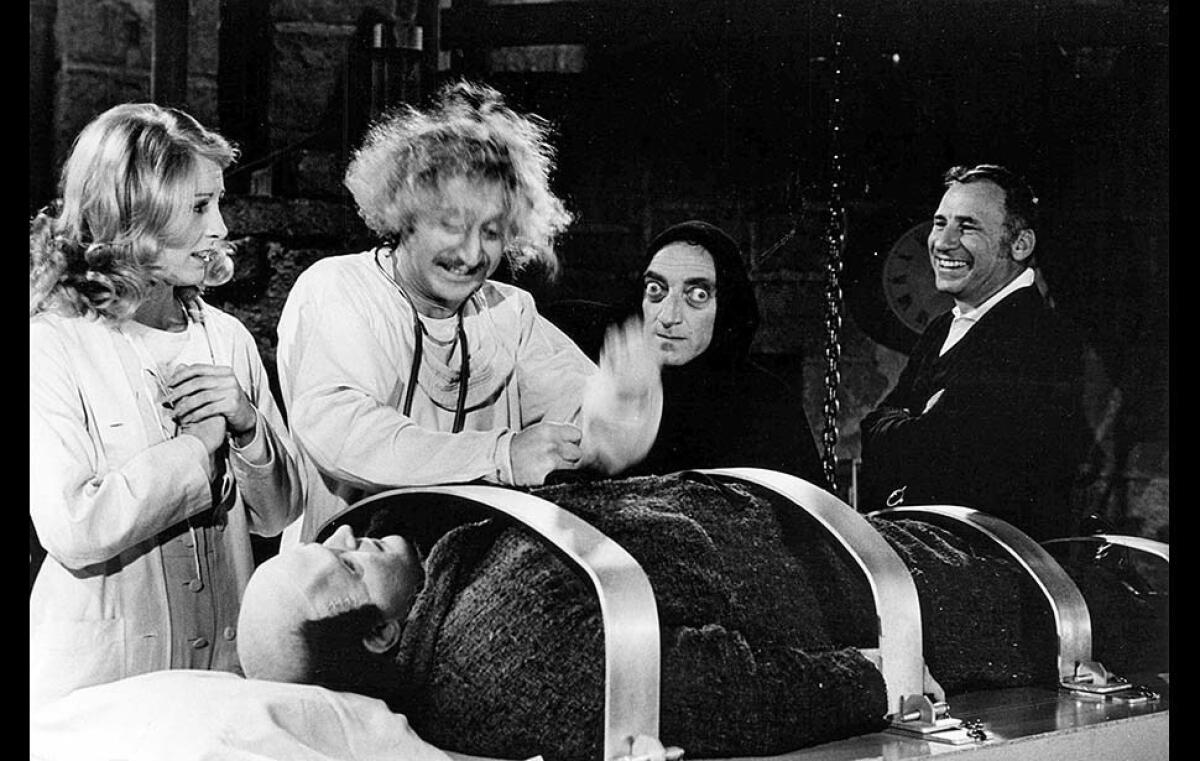
“If it weren’t for Mel, I’d still be doing temporary typing for a living, and selling toys at FAO Schwarz for $1.40 an hour.”
— Gene Wilder, on how Mel Brooks would forever change the course of his career.
“They left the ‘m’ out of Krampe. I decided right then I didn’t want to go through life being known as Huge Krape, so I decided to take my mother’s family name, O’Brien. But they misspelled it as ‘O’Brian’ and I just decided to stay with that.”
— Hugh O’Brian, who was born Hugh Krampe, on how a playbill misspelling created his stage name before he gained fame on “The Life and Legend of Wyatt Earp.”
“A play, at its very best, is an act of aggression against the status quo.”
— Edward Albee, the Pulitzer Prize-winning playwright who wrote “Who’s Afraid of Virginia Woolf?” speaking to a group of aspiring teenage playwrights in San Diego in 1989.
“I thought, well, hmmm, that’s a little tough.”
— Agnes Nixon, the grand dame of daytime television drama, on trying to write a storyline for “Guiding Light” about a character with uterine cancer but being told she could not use the words “cancer,” “uterus” or “hysterectomy.”
“I’m worried now that my songs are too cheerful because I’m feeling well. I think I may be irrelevant pretty soon.”
— Leonard Cohen in 2007, on finding happiness in his relationship with singer Anjani Thomas despite his image as a depressing and depressed troubadour.
“I studied classical music for a long time, maybe 10 years, and I realized finally I was never going to have the hands to play that stuff. It was too complicated. I invented ways to play in a classical style that was not the real deal.”
— Leon Russell, the singer-songwriter, on becoming an accomplished rock musician while dealing with partial paralysis from a birth injury.
“We had to have security guards with us. Fans were hanging on our doors. We couldn’t go out by ourselves. We were like the Beatles.”
— Florence Henderson, on the popularity of “The Brady Bunch.”
“People were used to bands playing American music. All of a sudden there was us — symphonic, tough, tight and impactful.”
— Greg Lake, on finding success with the English rock band King Crimson.
“A girl must marry for love, and keep on marrying until she finds it.”
— Zsa Zsa Gabor, the celebrity who had glamour and husbands in spades.
“It’s not like I had a remarkable voice as a child. I got thrown out of choir, but that didn’t stop me from telling everyone I was going to be a famous pop star.”
— George Michael, the English singer-songwriter who shot to stardom in the 1980s.

“I remember the first time it was weird to me was when someone wanted to thank me because they’d become a lawyer because of me. The main thing they said is that they identified with me. I felt like that was somebody that could be heroic without being a superhero and be relatable.”
— Carrie Fisher, the actress and author, on being so closely identified with her “Star Wars” character Princess Leia.
“ ‘Singin’ in the Rain’ and childbirth were the hardest things I ever had to do in my life.”
— Debbie Reynolds, a.k.a. America’s Sweetheart, in her 1988 autobiography “Debbie.”

“She wanted me to design an original Christmas card for her, but she didn’t want to pay the $15! Fifteen dollars!”
— Tyrus Wong, the artist whose paintings inspired Disney’s “Bambi and other movies, on Joan Crawford asking him to create a card for her.
For more vintage Hollywood, go to the Classic Hollywood Los Angeles Times Facebook page.
More to Read
Only good movies
Get the Indie Focus newsletter, Mark Olsen's weekly guide to the world of cinema.
You may occasionally receive promotional content from the Los Angeles Times.
